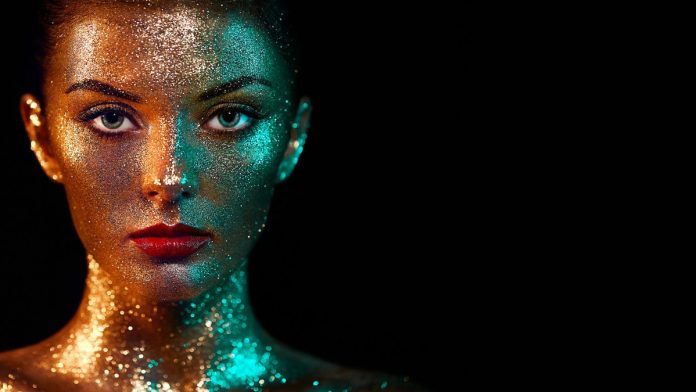I never considered myself one of the “beautiful people.” As an adolescent, I was as awkward as can be, with big ears, a big nose and big buck teeth. I was eventually able to correct the teeth through several years of braces and other complicated orthodontic apparatus. (My orthodontist said I was the most challenging case of his career.) But even with a nice smile, I’ve never expected to win any beauty competitions.
People say that beauty and youth go hand in hand, but for me, and I imagine countless others, teenage years were a struggle for self-worth and acceptance. I spent much of my youth feeling inferior and unworthy, as if I was doomed to a mediocre life because I wasn’t lucky enough to be one of the beautiful people. Every decision that I regret in my life, I can trace back to those insecurities.
Luckily, with time, maturity and perspective, my self-image eventually changed. I relied on other strengths, and developed a stronger personality and character. Looking back now, I was never as bad looking as I thought myself to be, but I am also able to accept that I was never one of the beautiful people, and that’s okay, too.
I could spend the rest of the article talking about how “beauty comes from within” and “beauty is in the eye of the beholder,” but that wouldn’t quite be true. There is enough research to show that there are certain universal rules that define who is beautiful and who is not. At least on a superficial level, you either have it or you don’t.
And there are tangible benefits to being beautiful. Daniel Hamermesh, an economics professor from University of Texas who has studied these things, says that attractive people are more likely to be hired, earn more money, get approved for loans more easily and marry better-looking and more highly educated spouses. Not a bad deal if you were blessed by a swim through the beautiful end of the gene pool.
So let’s not kid ourselves, looks are important. Being attractive does make certain things in life easier. If you’re doing well in the looks department, you should be grateful. And if you’re not, doing what you can to make the most of whatever genetic hand you’ve been dealt, probably has a significant return on investment.
But although looks are important, they aren’t everything. If you, like me, consider yourself an ugly duckling, think about the following mindsets that can help you find your path:
1. Beauty can be average, boring and normal.
Genetically, we are attracted to people who are within normal ranges. When someone varies too much in any direction (a facial feature, physical proportions or skin complexion), they become less attractive. But these variations are also what make people unique and interesting. Own your variations with pride.
2. Beauty fades.
People who rely on their youthful good looks as their primary strength in life may be in trouble as they get older. But those who develop other character strengths will find their life becoming richer as they age.
3. Real beauty is inner beauty.
Even beautiful people feel insecure, especially if they know that their beauty comes only from luck or inheritance. Real beauty comes from the kind of person you are, the choices you make and how you treat other people.
The lesson, I think, is that we should all put our best face forward. Beauty is certainly not as important as character. Beauty can be inherited, but character is forged. So forge on, ugly ducklings, forge on.
Jeremy McCarthy is the group director of spa for the Mandarin Oriental Hotel Group.






























